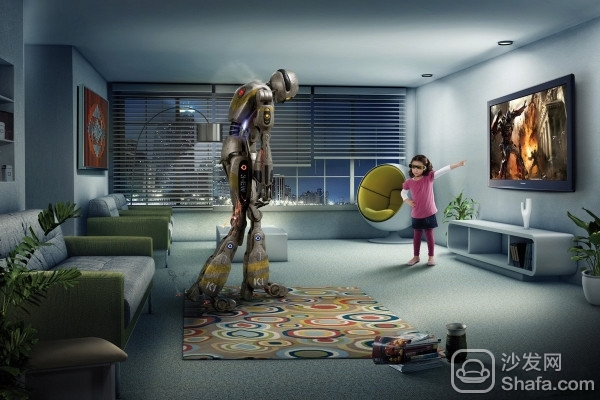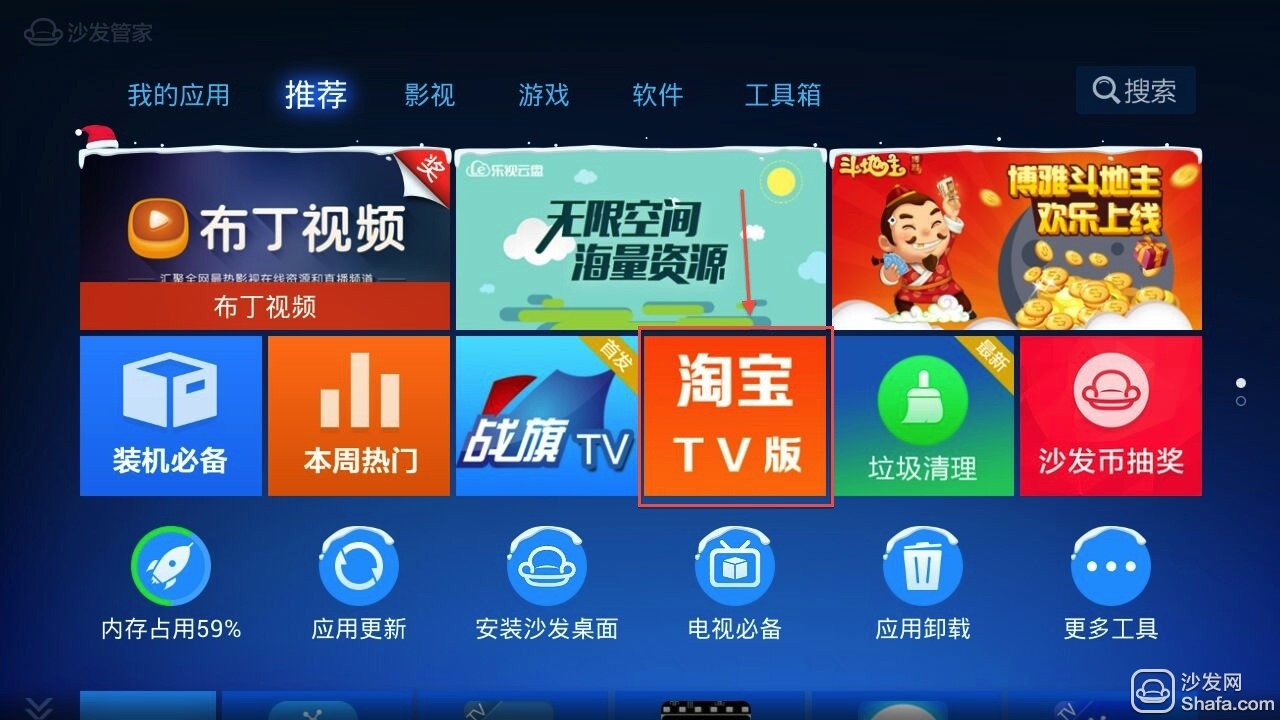
One of the so-called "active transitions" said that there are some ambiguous secrets: In 2013, Matsushita lost as much as 500 billion yen in television operations, operating losses of 46.5 billion yen, and Matsushita's share of the Chinese TV market was less than 2%.
Another view that contrasts with Panasonic's rout is that on the same plate, Internet companies are particularly enthusiastic about this. Xiaomi, Leshi and other companies have entered the game with the banner of subverting the living room. The icy cold of traditional manufacturers and the fiery Internet companies have made many people less and less clear about this market. Is it a trap that needs to be broken out or an attractive cake?
Appliance market enters chaos
The views of traditional enterprises and Internet companies on the home appliance market are far apart from each other. This actually means that the home appliance market has entered a chaotic period that cannot be explained clearly.
The reason why traditional TV producers react coldly is that I think there are three things:
The once technical advantages vanished. Japanese companies have no past technological advantages. High-integration of smart chips has led hardware production to a conventional path, and the threshold has continued to decrease.
Multi player melee. The reduction of production thresholds has spawned a series of new generations of manufacturers, and the competitive pressures have begun to increase. However, the market demand has not been fully activated. Instead, buyers have mastered the market discourse. Counterattack is a huge drain on traditional businesses.
The price war PK makes traditional enterprises difficult to support. The traditional enterprises are mainly faced with challenges from Internet companies. The genes of Internet companies have determined that hardware production will not be their main profit point, and even have long-term unprofitable preparations, so the price will be pressed and repressed. This makes it completely Traditional enterprises that rely on hardware profits for production cannot continue to follow up and can only fold.
There are also three reasons why Internet companies are enthusiastic:
Revolutionary mentality. Internet companies are still strongly entering the market knowing that the home appliance market is unable to make room for space. This is because Internet companies consider themselves revolutionaries. Their purpose is to use multiple means to replace traditional television in people's living rooms.
TV is the key to building a smart home industry chain. The wishful thinking of internet companies is like the heart of Sima Zhao. Smart homes can not be separated from television. Under the premise that it is not yet clear which product is the entrance, simply make a batch to say.
Amateur play tickets does not make a living. No matter whether it is millet or LeTV, the main business is not on TV products. The production of TV is more of an investment and incubation mentality. Since there is no pressure for profit, there is nothing to play with.
Genes determine their own long board short boards
In fact, for traditional TV manufacturers, there are still certain market advantages:
Deep technical foundation. Traditional enterprises do not need to go through the technics and productivity ramp-ups of Internet companies, and highly sophisticated production technologies and channel control capabilities are the ones that Internet companies can hardly surpass.
There is a continuous brand effect and word of mouth guarantee. Traditional TV companies generally have years of brand accumulation, high market awareness and word-of-mouth guarantees;
At the same time, in the smart era, the traditional enterprises also exposed the lack of ecologicalization and lacked the product disadvantages of software and content support.
In contrast, Internet TV has the following advantages:
Low prices. There is no need to go into details here. Internet TV is already synonymous with cheap goods. Internet genes allow it to compress hardware production and channel costs, setting prices at freezing point.
There is content ecology construction. Although there is currently no strong production of Internet TV content, it is believed that this situation will change soon.
At the marketing end, it is closer to the target group. The traditional marketing methods of traditional enterprises are no longer suitable for the trend of the times. Internet companies are in this regard vibrancy, and extensive use of new media has given them a leading edge in marketing.
At the same time, the disadvantages of Internet TV are also very obvious. For example, the product line of Internet TV is not rich enough, and it is generally a single paragraph, and users lack the space for choice. This will make it difficult to rapidly increase the market share of Internet TV.
The chaotic period variables, how to aggregate
There is a precedent for the cooperation between Internet companies and white goods, such as Meizu Haier of Xiaomimei, which I think is the same for black home appliances. A good television production mechanism should not be that traditional enterprises and Internet companies are fighting each other, but they should consider the possibility of complementing each other's advantages. I believe that Internet companies should shift from the front desk to the backroom to cooperate with traditional enterprises to provide them with high-quality content and operating systems to solve interactive problems, and to build a smart home ecosystem. This is not an unacceptable negotiating condition for Internet companies. After all, TV is just a front-end tool for Internet companies.
Finally, a few words: The current smart TV has indeed remained at an incubation stage, and the white-hot competition is still far from coming. Who can complete the polymerization first, who will have to throw off the opponent's accelerator, every player is better to make early plans.
Recommended installation sofa butler, download address: http://app.shafa.com/
